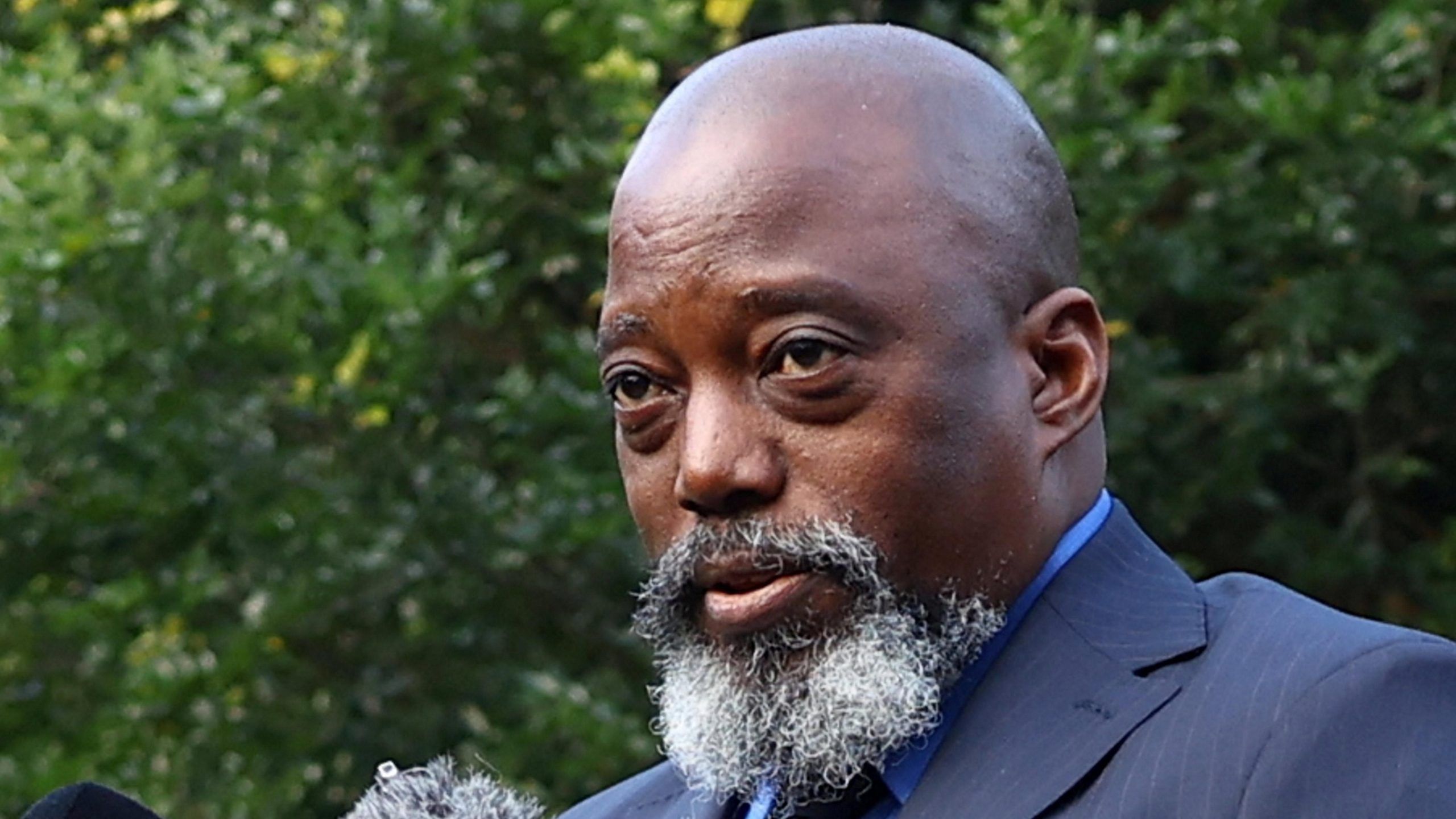
High Military Court in Kinshasa to give Verdict in Historic Kabila War Crimes Trial
In a dramatic development, the High Military Court in Kinshasa has scheduled its verdict for Friday in the landmark war crimes trial of former Democratic Republic of Congo President Joseph Kabila. The trial, which has captured national and international attention was delayed this past Friday to allow prosecutors additional time to present newly submitted evidence potentially linking Kabila to the financing of the Rwanda-backed M23 rebel group.
Judges announced a one-week postponement after state lawyers requested extra time to evaluate the fresh evidence which reportedly includes witness testimonies and financial documents aimed at tracing the flow of funds from Kabila to M23. The court has deemed this evidence admissible setting the stage for a decisive ruling next week.
Kabila who served as DRC’s president for 18 years until 2019 faces a series of serious charges including treason, complicity with M23, crimes against humanity, murder, rape and corruption. The military auditor general has called for the death penalty should he be found guilty.
A contentious aspect of the prosecution’s case involves allegations regarding Kabila’s nationality with lawyers requesting that treason charges be reclassified as espionage, asserting that Kabila is Rwandan; a claim fiercely disputed by his supporters.
Kabila, currently living in exile and tried in absentia, has strongly denied all allegations. In a public statement shared via YouTube, he dismissed the trial as a “politically motivated” tool of oppression orchestrated by President Félix Tshisekedi’s government. “This trial has nothing to do with justice,” Kabila declared, accusing the current administration of using legal proceedings to eliminate a major political rival. His supporters also dismiss the case as a political witch hunt.
The trial highlights the deep political divisions plaguing the DRC. Tshisekedi’s government has revoked Kabila’s immunity, banned his political party, and seized his assets, especially after reports that he returned to the country through an M23-controlled city.
The outcome of the trial—whether resulting in a guilty verdict or exposing judicial flaws—will carry significant implications for the country’s fragile stability and ongoing efforts to combat armed groups in the eastern region. The world remains watchful as Kinshasa prepares to deliver its historic decision.
